Cuba stamps year 2005 Fauna Horses MNH set
The Cuba 2005 Fauna – Horses issue (known locally as Fauna – Equinos) is a vibrant and popular set celebrating different horse breeds.
Here are the details for the Cuban 2005 Fauna – Horses stamp set:
- Country: Cuba
- Year of Issue: 2005
- Theme: Fauna (Equines/Horses)
- Set Composition: The complete issue consists of 5 different stamps and 1 miniature sheet (souvenir sheet).
Details of the Stamps and Miniature Sheet
The stamps feature various horse breeds, and the total set is often collected as 5 stamps + 1 miniature sheet.

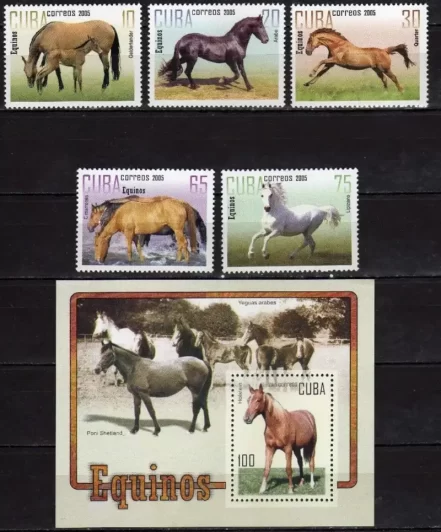
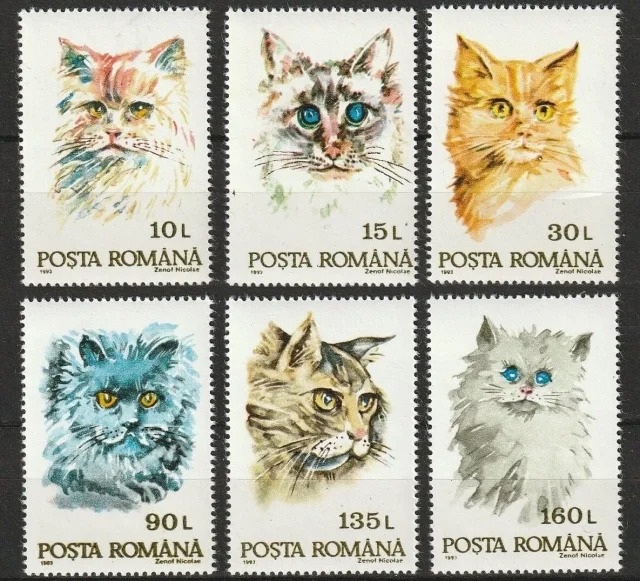
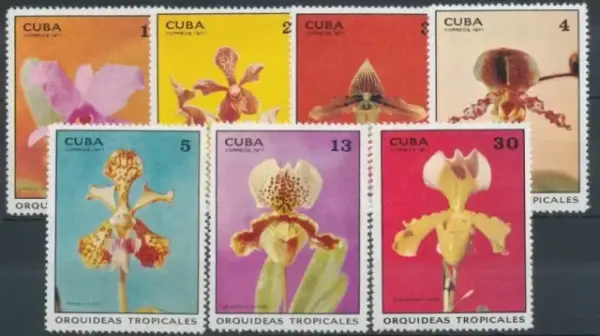

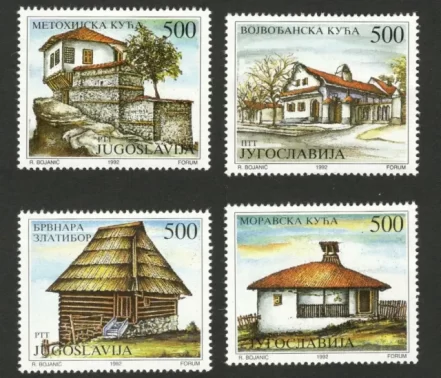
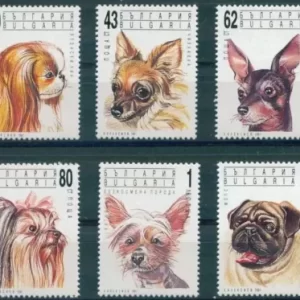
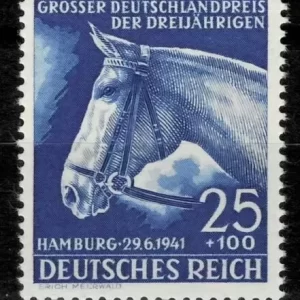
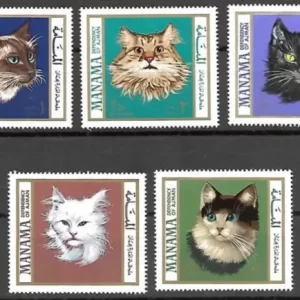
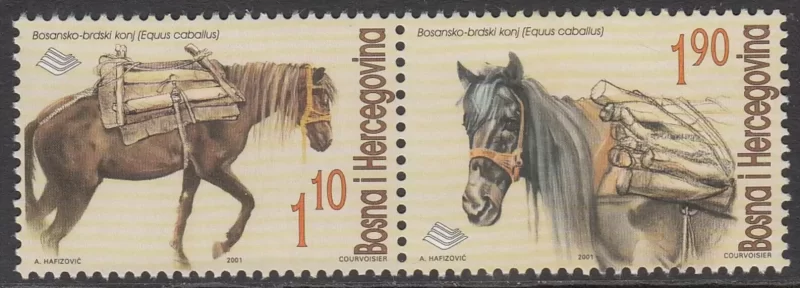
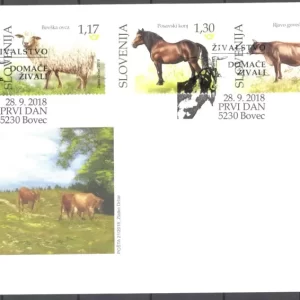

Reviews
There are no reviews yet.